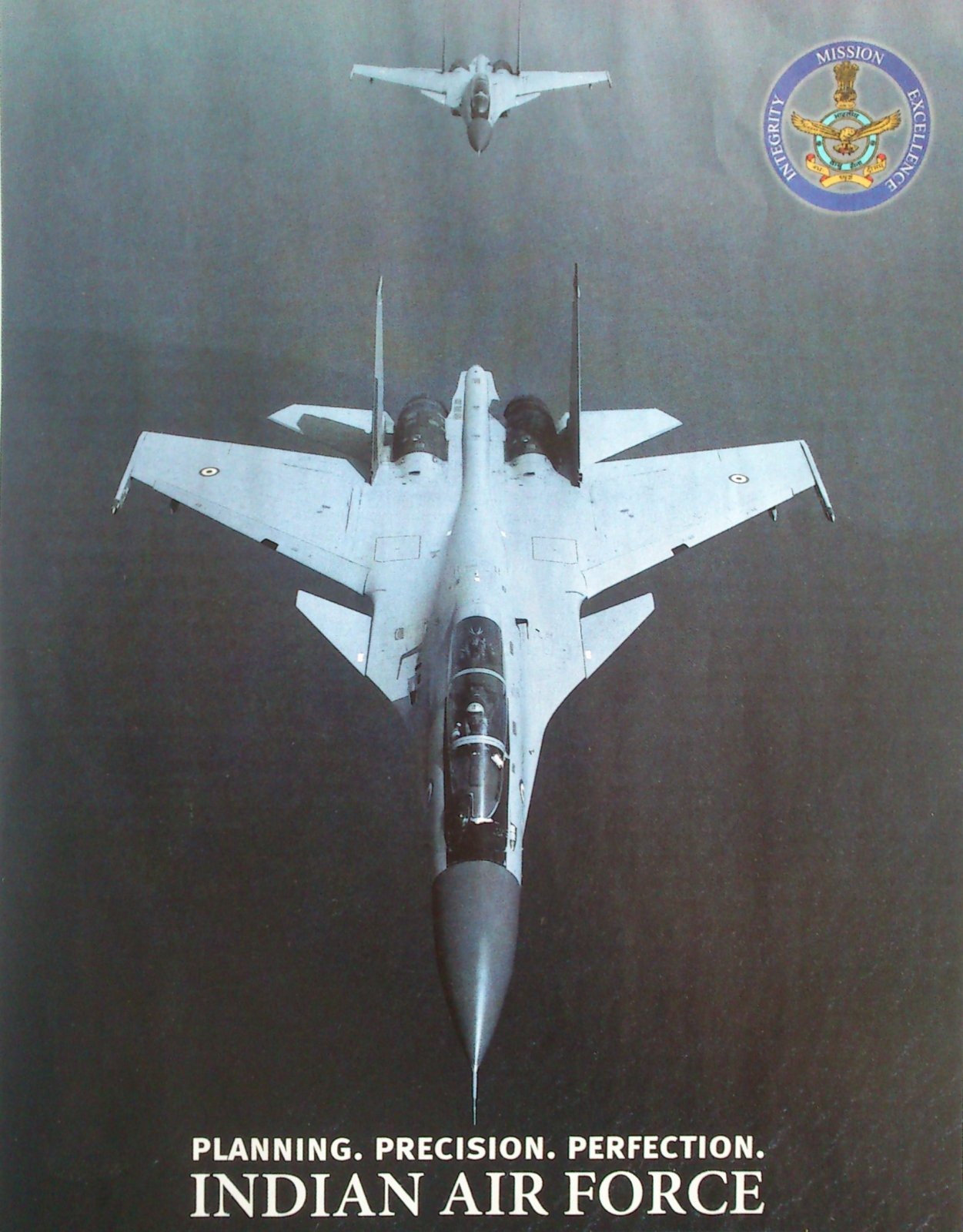BrahMos test flight for Sukhoi-30 by year end
The BrahMos missile for the Indian Air Force which can be launched from a Sukhoi-30 is being developed and a test flight will probably be held by the end of this year, said Dr A Sivathanu Pillai, chief controller, R&D, DRDO and chief executive officer and managing director ofBrahMos Aerospace. The BrahMos missile used an air breathing scramjet propulsion technology and hence was more fuel efficient than a traditional rocket-powered missile, he said.
Pillai was in Trichy on Saturday to deliver a lecture in the ongoing Pragyan 2012 of the National Institute of Technology, Trichy (NITT). According to him, the paradigm of India's progress must be in the course of a leap frog in technology. "When the world had a cruise missile, India went forward to make a supersonic cruise missile," he said.
He also touched upon the predictions for the future in technology in all spheres of life. "The future belongs to self-driven cars (which have been tested by DRDO in an ongoing project), flying cars, stem cell surgery, morphing airframes, solar power satellite and a space lift," he explained.
On the future of energy, he stressed that nuclear and solar power are the sources. Pillai also mentioned about the latest research into nano-solar cells that claim efficiency of 50% at low costs.
Turing his attention on BrahMos, Pillai stressed on the versatility and elite characteristics of the world's only supersonic cruise missile. Capable of being launched from land or sea to any target on land or sea, with a speed of Mach 2.8 (2.8 times faster than the speed of sound, which is three times faster than the USA's contemporary Tomahawk cruise missile). The BrahMos is the brainchild of Pillai's team comprising the DRDO, India and NPO Mashinostroyenia (NPOM) ofRussia.
BrahMos test flight for Sukhoi-30 by year end | idrw.org
The BrahMos missile for the Indian Air Force which can be launched from a Sukhoi-30 is being developed and a test flight will probably be held by the end of this year, said Dr A Sivathanu Pillai, chief controller, R&D, DRDO and chief executive officer and managing director ofBrahMos Aerospace. The BrahMos missile used an air breathing scramjet propulsion technology and hence was more fuel efficient than a traditional rocket-powered missile, he said.
Pillai was in Trichy on Saturday to deliver a lecture in the ongoing Pragyan 2012 of the National Institute of Technology, Trichy (NITT). According to him, the paradigm of India's progress must be in the course of a leap frog in technology. "When the world had a cruise missile, India went forward to make a supersonic cruise missile," he said.
He also touched upon the predictions for the future in technology in all spheres of life. "The future belongs to self-driven cars (which have been tested by DRDO in an ongoing project), flying cars, stem cell surgery, morphing airframes, solar power satellite and a space lift," he explained.
On the future of energy, he stressed that nuclear and solar power are the sources. Pillai also mentioned about the latest research into nano-solar cells that claim efficiency of 50% at low costs.
Turing his attention on BrahMos, Pillai stressed on the versatility and elite characteristics of the world's only supersonic cruise missile. Capable of being launched from land or sea to any target on land or sea, with a speed of Mach 2.8 (2.8 times faster than the speed of sound, which is three times faster than the USA's contemporary Tomahawk cruise missile). The BrahMos is the brainchild of Pillai's team comprising the DRDO, India and NPO Mashinostroyenia (NPOM) ofRussia.
BrahMos test flight for Sukhoi-30 by year end | idrw.org





